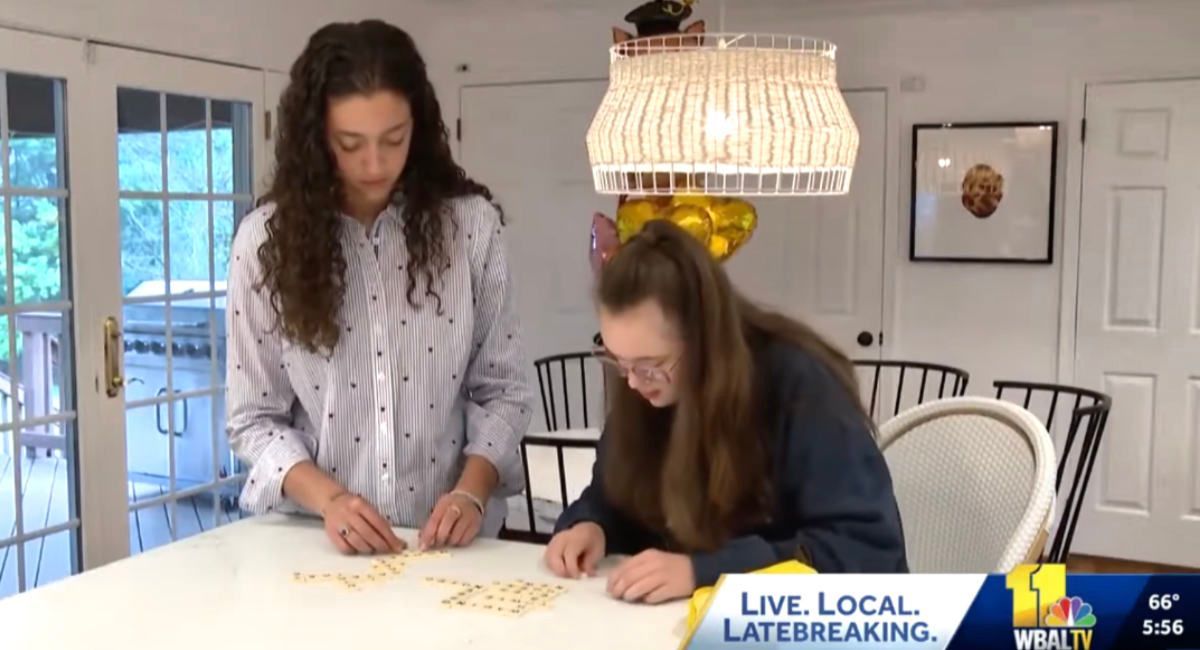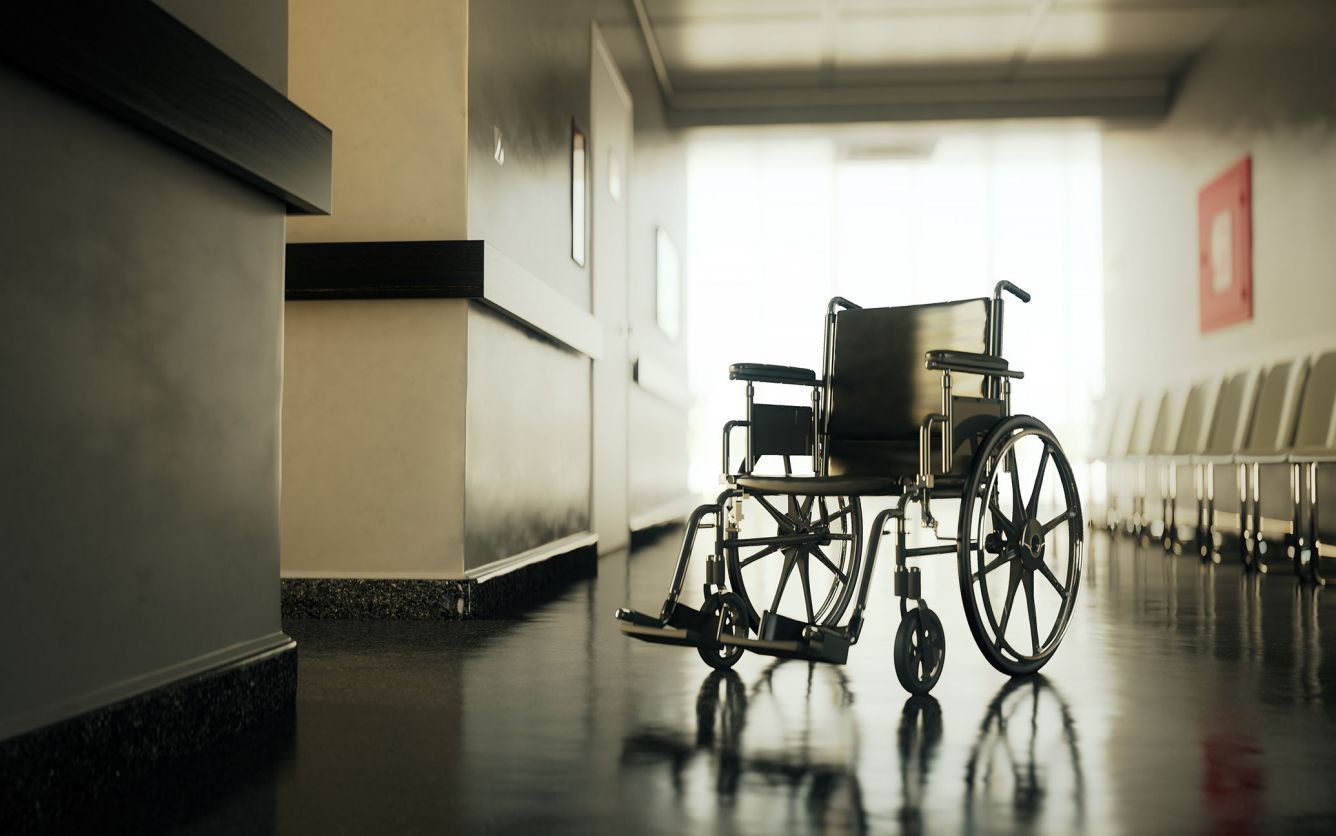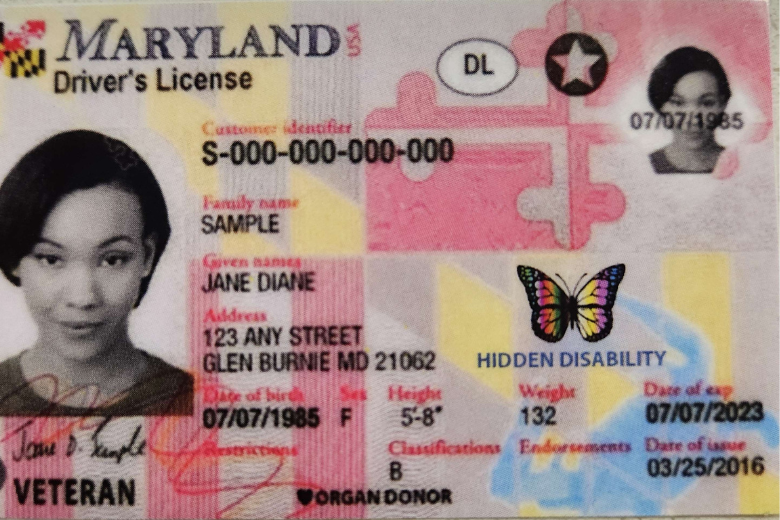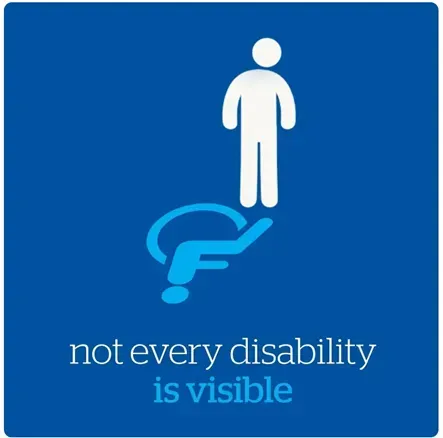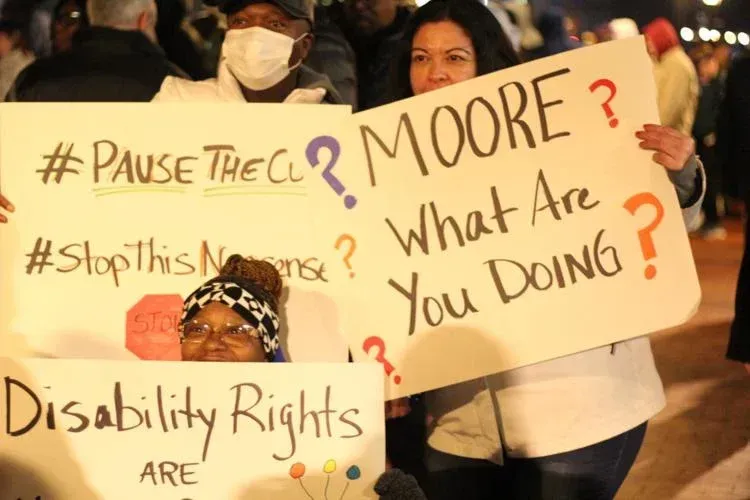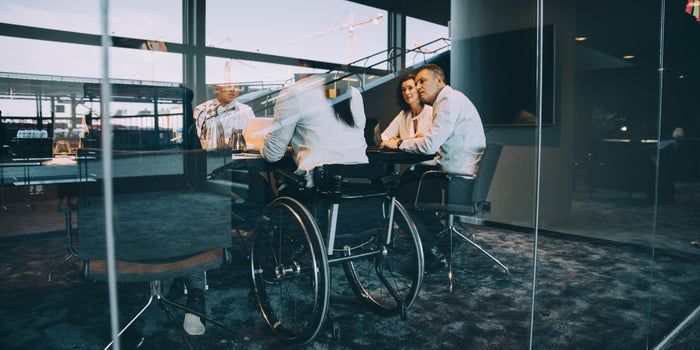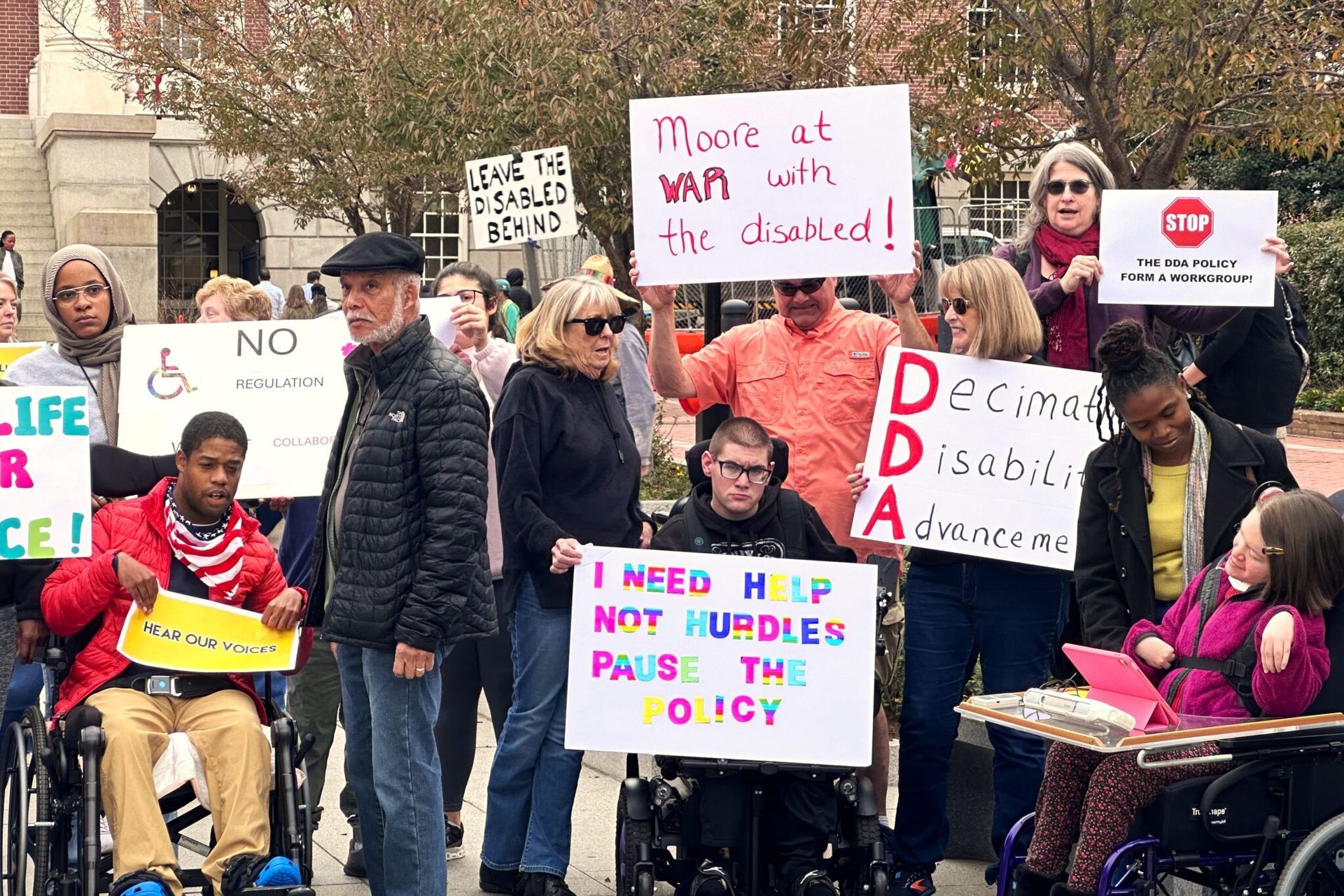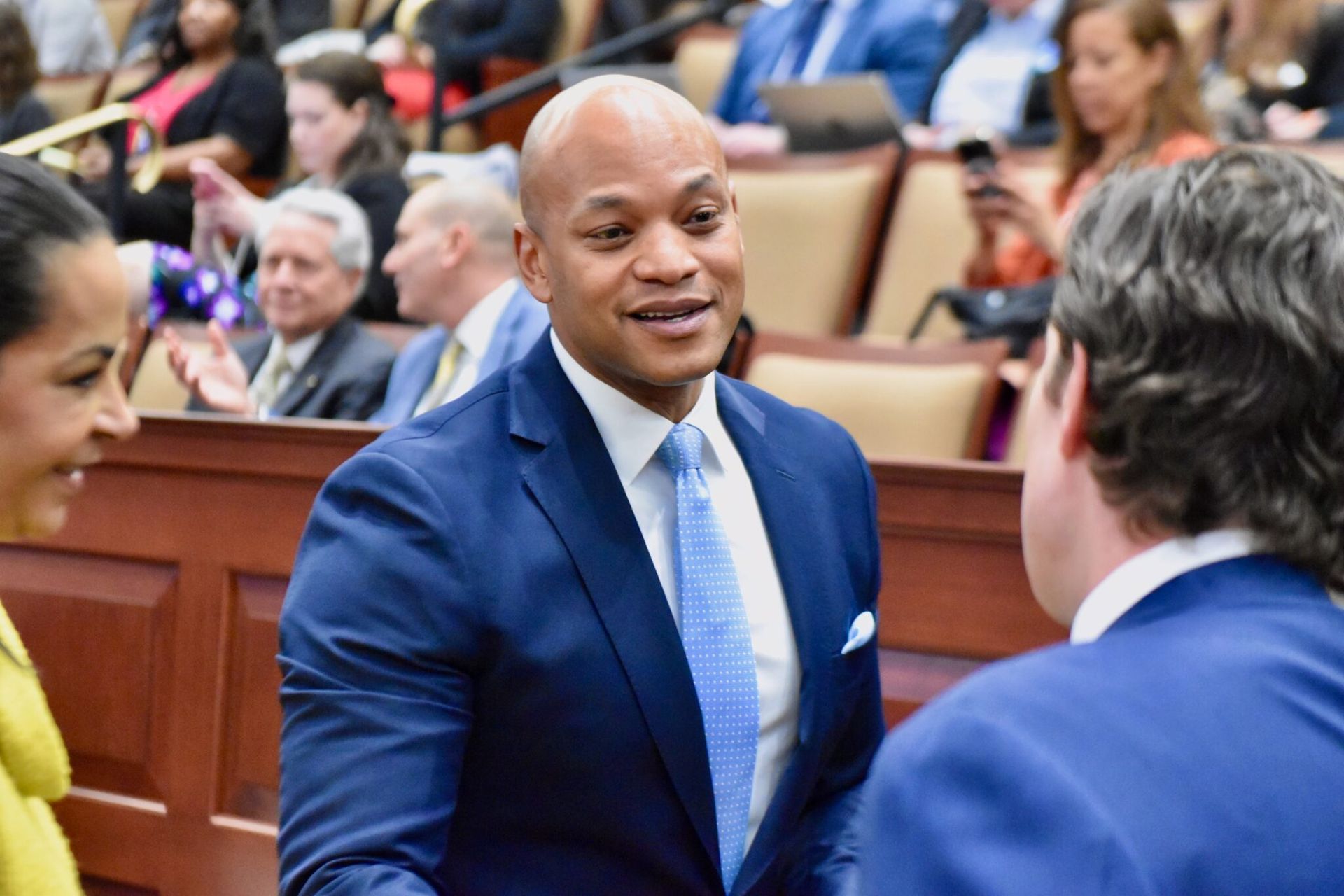3 Ways Elevating the Narrative on Disabilities Leads to Business Success
Disabilities expert, Ric Nelson, shows how the strongest organizations do it best.
In a recent column, I introduced Ric Nelson, a 37-year-old disability advocate in Anchorage, Alaska. Nelson has cerebral palsy and requires full-time assistance to manage his physical needs. Despite his challenges, he’s dedicated his career to advancing programs and understanding of the disabled in Alaska (which ranks third in the U.S. for the strength of its programs) and throughout the U.S.
After graduating in the top 10 percent of his high school class, Nelson secured associate’s and bachelor’s degrees in Small Business Management and Business Administration on scholarship, followed by a master’s degree in Public Administration.
Nelson serves on multiple boards and has testified in Washington D.C. toward advances in the ADA (Americans with Disabilities Act). Appointed in 2007, After six years’ service as a committee member of the Governor’s Council on Disabilities and Special Education (GCDSE), he was elected as the program chair for two years and hired as a staff member from September 2015 until September 2020 as the program’s Employment Program Coordinator.
Most recently Nelson has assumed the role of Advocacy and Outreach Specialist for The ARC of Anchorage, one of 600 U.S. locations for The Arc of the United States, an organization launched by parents of people with developmental disabilities in the 1950s and headquartered in Washington, D.C.
For the disabled, financial obstacles abound
The Covid-19 recession has hit the disabled particularly hard, Nelson says. The disabled have lost nearly 1M jobs between March and May of 2020. Complicating factors include jobs that ended due to the extra risk of immunocompromised conditions and the predominance of lower-level positions in industries that have been most heavily hit. With DEI (Diversity, Equality and Inclusion) becoming one of the highest priorities for this year’s end and the seasons to follow, what do businesses need to know and do to support the disabled from here forward?
In an interview, Nelson reinforced the need for self-advocacy among the disabled and the need for greater awareness and education of the businesses and communities they serve. Public perception is tantamount, he says, to avoid the creation of further problems by the very solutions we attempt to create.
For example, he notes the extreme difficulty (and even impossibility) of having a savings account when government programs assume any earning potential should be used to reimburse the cost of Medicare needs.
“The cost to Medicare of a full-time assistant may be $100,000, regardless of the person’s activities,” Nelson says. “But if a fully-employed disabled person makes $50,000 or $80,000 – a rarity in itself – and loses their qualification for Medicare funds, they can’t go to work without suddenly incurring this debt.”
Other issues include the right to continued health care benefits if they marry, or to put away retirement savings or to maintain equivalent benefits if they move to a different state. Many of these issues require continued advocacy to state and federal agencies.
But what can individual companies do?
I consulted Sara Dansie Jones, [01] the diversity and inclusion expert at the helm of InclusionPro for input. Especially in the environment of heightened tension around diversity and equality issues, she noted that she is observing three tiers of acceptance and activity around diversity issues. If businesses understand these levels, they can use diversity to make their businesses stronger at the same time they support community and families. The ideals are not mutually exclusive, she maintains. Nelson agrees.
The secret is in elevating the narrative around inclusion from argument to opportunity, Jones says. She defines the three levels as follows:
Level 1: Compliance is the minimum.
This is the minimum level of inclusion to meet ADA or other diversity standards, that allow you to operate legally. At this level companies may privately complain about the cost of meeting accessibility requirements or the need to meet diversity language or hiring requirements.
Meeting compliance is vital to the continued right to operate legally and is at least “something” in terms of providing accessibility and some level of job opportunities. But (and I will note this as a female executive, as a small example), is it really ideal to be chosen for a role because the organization wants to demonstrate its compliance or willingness to include a disabled person or a person of color or a female on their employee roster or board? Compliance is not a bad thing, of course, but is a minimum step with minimal outcome.
Level 2: Beware "compassionate" condescension
In this step, which Nelson jokingly refers to as “disability porn,” political candidates go out of their way to be photographed with disabled citizens. Company ads depict photographs that attempt to include not only the disabled but every minority possible, regardless of the actual landscape of their typical business transactions.
We have seen this type of activity redouble during the political season as well as in response to racial tension – social media posts of everyone putting their arm around their nearest Black friend, for example. But the attempt to communicate “I’m not racist” is an act that doesn’t edify either party and, furthermore, makes most individuals cringe.
Jones notes these activities, such as depicting a disabled person shopping in the market as a message of “isn’t this heartening” moves beyond legal requirements but remains condescending. Why should the sight of a disabled person participating in “normal” life functions be a cause for attention at all?
“Yes, these are things that signal inclusion, but they also signal ‘compassion’ in a way that is condescending instead of a show of actual respect.”
Level 3: Value Add
Mutual value-add with all diversities – and perhaps especially the disabled, as they constitute America’s largest minoritized community – should be our ultimate goal, Jones says. For example, she notes the example of a friend she has known since college, a woman with cerebral palsy, who was able to complete her master’s degree with support from an enlightened employer, Discover Card. By providing the avenue for her education, the company was able to benefit from her talents during the entire span of her schooling.
With her degree, the woman has been able to open and operate a counseling practice in a building that is fully accessible and brings specialized counseling to the disabled and to families of the disabled among the services she offers, which supports the community in multiple ways – 1) She provides revenue to support herself, her assistant and adds to the revenue of her community, state and federal programs, and 2) She provides insights to her clients that are uniquely beneficial due to her personal knowledge of the challenges they face. Thanks to the support of an enlightened employer, this individual has enriched not only that company but has now created a business and revenue base of her own.
In another case, Salt Lake City’s leading broadcaster realized one of its key producers – who requires a wheelchair – was frequently getting locked into rooms by the swinging doors she was unable to open. Of their own volition, they rebuilt the doors in their building not only to accommodate her but to better support the accessibility of other present and future employees and guests. This was not a legal requirement; however, it allows them to maximize the gains they receive from a vital employee. There is mutual value add and everyone wins.
Nelson espouses this thinking as well. In addition to his administrative role for The ARC, he has worked for four years as a key fundraiser and organizing participant of the annual Peer Power Self Advocacy Summit [02] in Anchorage. The conference invites businesses to attend and support and provides scholarship funds to bring participants in advocacy to gain education and to advance the ability of individuals and communities to provide mutual benefit in increasingly meaningful ways. The 2020 event was virtual, but preparation is now beginning for the program’s 5th annual event at the end of September in 2021.
Meanwhile, his message to businesses and elected officials is this: “We need to hold ourselves – and each other – to a higher standard.”
In doing so, there are benefits for us all.
Citations:
- [PROFILE] Sara Jones: https://inclusionpro.com/sara-jones/
- [SUMMIT]Peer Power Self Advocacy Summit: https://peerpower907.wixsite.com/peer-power

